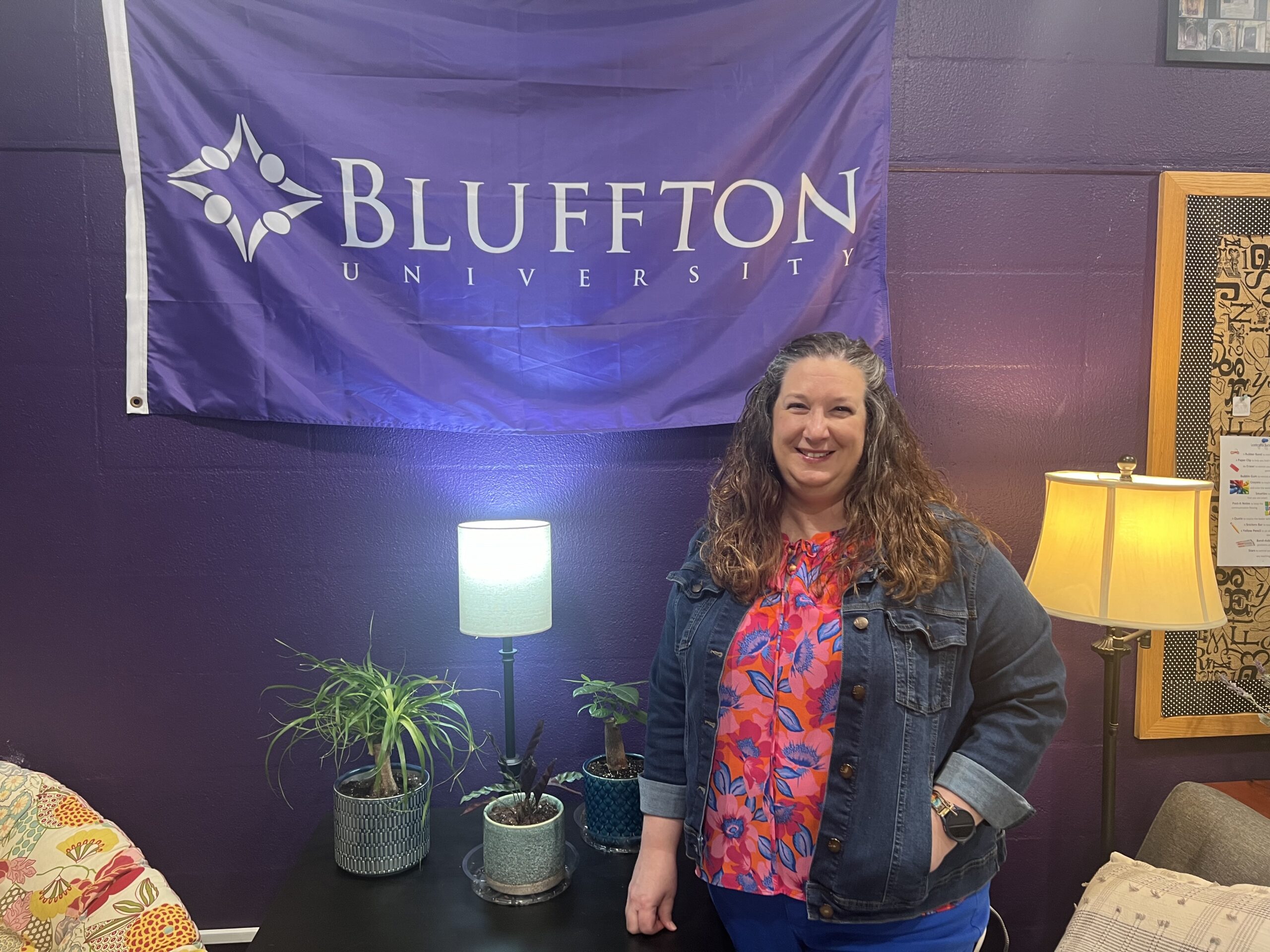By Sophie Hobbs
Many adults know the pain and agony of losing a parent, however, most have celebrated multiple years together before their loved one passed away.
Children also know this pain and agony.
Many children live their lives without one (or both) of their parents. This creates many mental and physical hurdles for adolescents to face. Aaron Pennington ’20 has faced many of these hurdles and continues to do so on a daily basis.

Photo taken by Tiffany Rodabaugh Photography.
Pennington, born Matthew Aaron Pennington, lost his mother, Veronica Pennington, 29, when he was eight years old. She passed away from an unknown cause in 2006.
“She had never really been healthy,” says Pennington.
In the years before Pennington’s mother passed away, they shared many positive memories. In one such instance, Pennington was playing kickball with his family.
When his mom was up to kick, she was suffering from medical issues and was unable to run. Young Pennington offered to run for her. He remembers his mother smiling and laughing as he ran around the bases.
He recalls another memory where he was riding his bike on a breezy summer day. He was speeding down a hill right after learning how to ride. The excitement from the new skill he learned caused Pennington to forget to use the brakes. He and his bike collided into a tree at the bottom of the hill. Frantic, his mother took him to the ER because she thought he fractured his skull.
After his mother’s death, Pennington took on the role to fill her shoes in his younger brother’s life. Nicholas was six when his mother died, and also had medical problems when he was born and still used a feeding tube at the time of his mother’s passing.
Not only was Pennington looking out for his younger brother, he was taking care of him. Pennington recalls coming home from an event and walking into his brother’s room in the midst of committing self-harm. Pennington threw away the weapon he had been using, and Nick permanently stopped self-harming.
One morning when he was younger, Pennington walked into his mother’s room to wake her up for the day. With Nick in tow, he opened the bedroom door and the two began jumping on their mother’s bed to wake her.
After several attempts at jumping on her to wake her, she didn’t move.
Pennington shook his mother and when she didn’t move again, he carried Nick to the neighbor’s house and called 911. He later recalls noticing the blueish tint of his mother’s skin.
After experiencing this hardship, Pennington developed depression. He attempted suicide when he was 14 years old. He had ingested half a bottle of antidepressants. His father found him shortly after and raced to the hospital where Pennington had his stomach pumped.
Although he has been through many hardships and trying times in his life, Pennington still manages to laugh daily and find positive aspects in everyday life.
Pennington looks to many positive influences in his life–one of these being his teammates.
Pennington started playing soccer when he was four. He continues to play because he loves the game, and soccer was the last event of his that his mother attended.
“Playing college soccer is rough because I can never hear her say she’s proud of me,” said Pennington.
Lucas Keller ’19, Pennington’s roommate and current junior, says that although they have disagreements, he is grateful to have Pennington as his roommate.
“He has his moments, but so does everyone else,” Keller says. “He brings a unique perspective to things.”
Pennington has become known for his determination on and off the soccer field. Members of Bluffton’s Men’s Soccer team have noticed the tenacity he brings to everything he attempts.
Children lose their parents, and often struggle with the hurdles that follow in their own individual ways. These hurdles have lasting effects on the perspectives of these children. Pennington, being one of these children, uses soccer as a major outlet for stress and other emotions he may feel, but by not giving up, he is building forward momentum in his life. Attending college, participating in college athletics and maintaining healthy relationships takes skill and time. Pennington says he will continue to play soccer and participate in his daily activities regardless of what life throws at him.
Students on campus struggling with similar hurdles are advised to contact Rae Staton in the Health Center.






